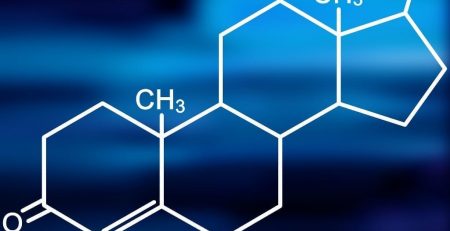Brain Protein Could Be More Effective Than Traditional Anti-Depressants
A recent study, published in Molecular Psychiatry, has revealed that a brain protein called noggin may be more effective than existing medications at activating a pathway for the treatment of depression, anxiety, and other mental health issues.
According to IFLScience.com, several antidepressants are known to stimulate the creation of new neurons in the region of the brain known as the hippocampus, which is involved in memory and emotion. To investigate precisely how these drugs bring about this effect, researchers treated lab mice with a medication called fluoxetine (aka – Prozac) and found that it blocked the activity of a protein called hippocampal bone morphogenetic protein (BMP). Normally when BMP binds with certain brain receptors, it triggers events that lead to the creation of new neurons.
In this study, authors found that fluoxetine causes this same effect by increasing the production of the protein noggin, which is a known BMP inhibitor. This led the researchers to wonder if noggin itself could be an anti-depressant. To test their hypothesis, researchers injected noggin into the brains of mice known to suffer from depression and found that this sparked an increase in the creation of new neurons, superior to that seen with most antidepressant drugs.
“All in all, the study authors believe that by inhibiting BMP signaling, noggin is responsible for the anti-depressant effects of drugs like Prozac, and that targeting this specific pathway could yield more effective treatments for depression,” IFLScience.com reports.














